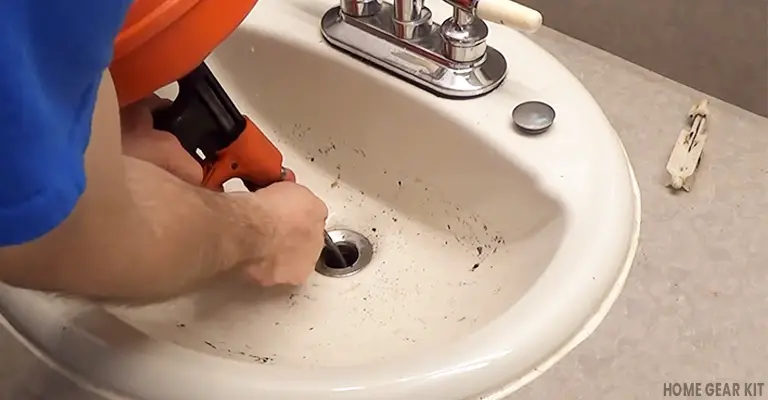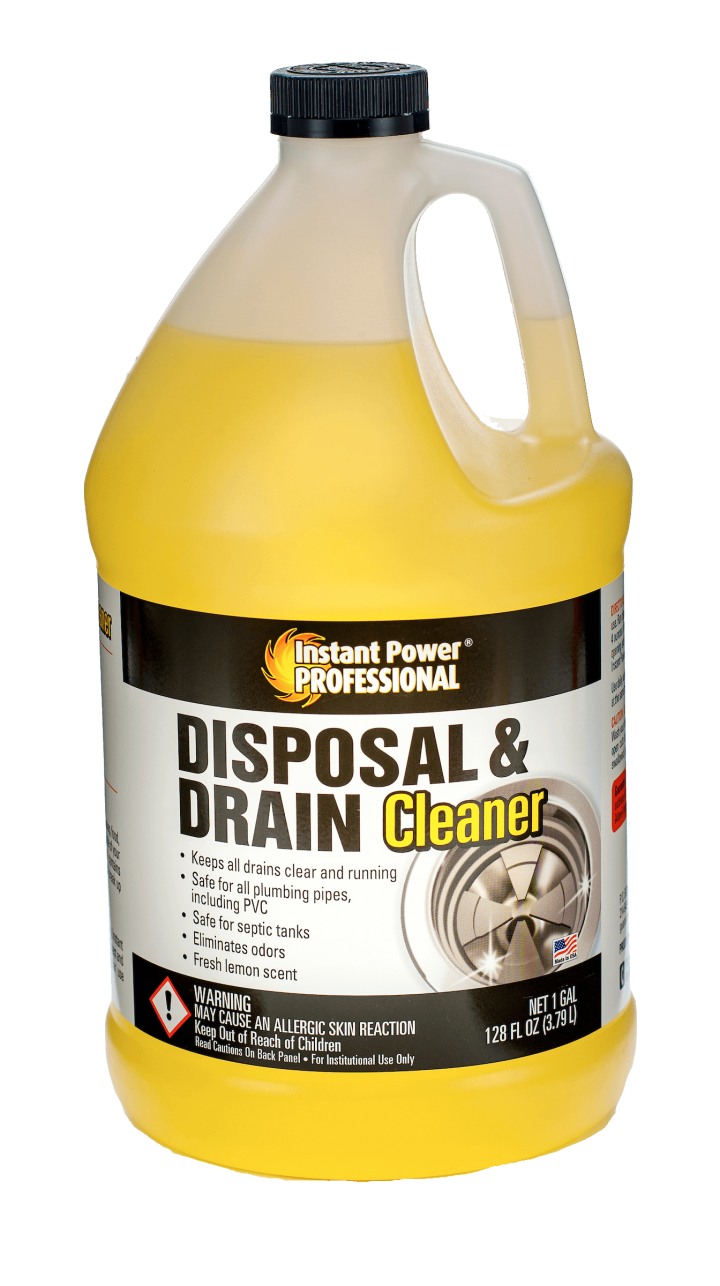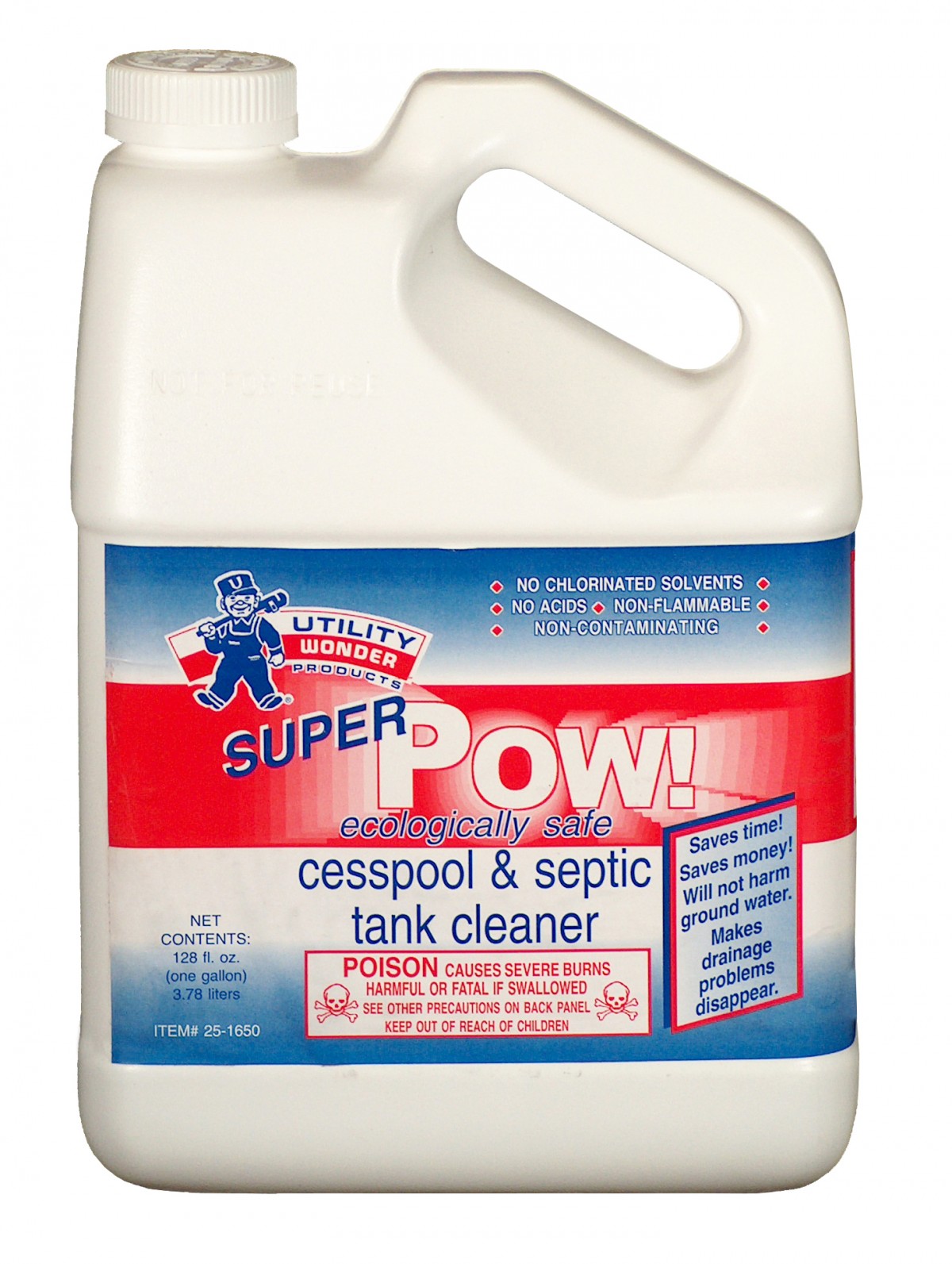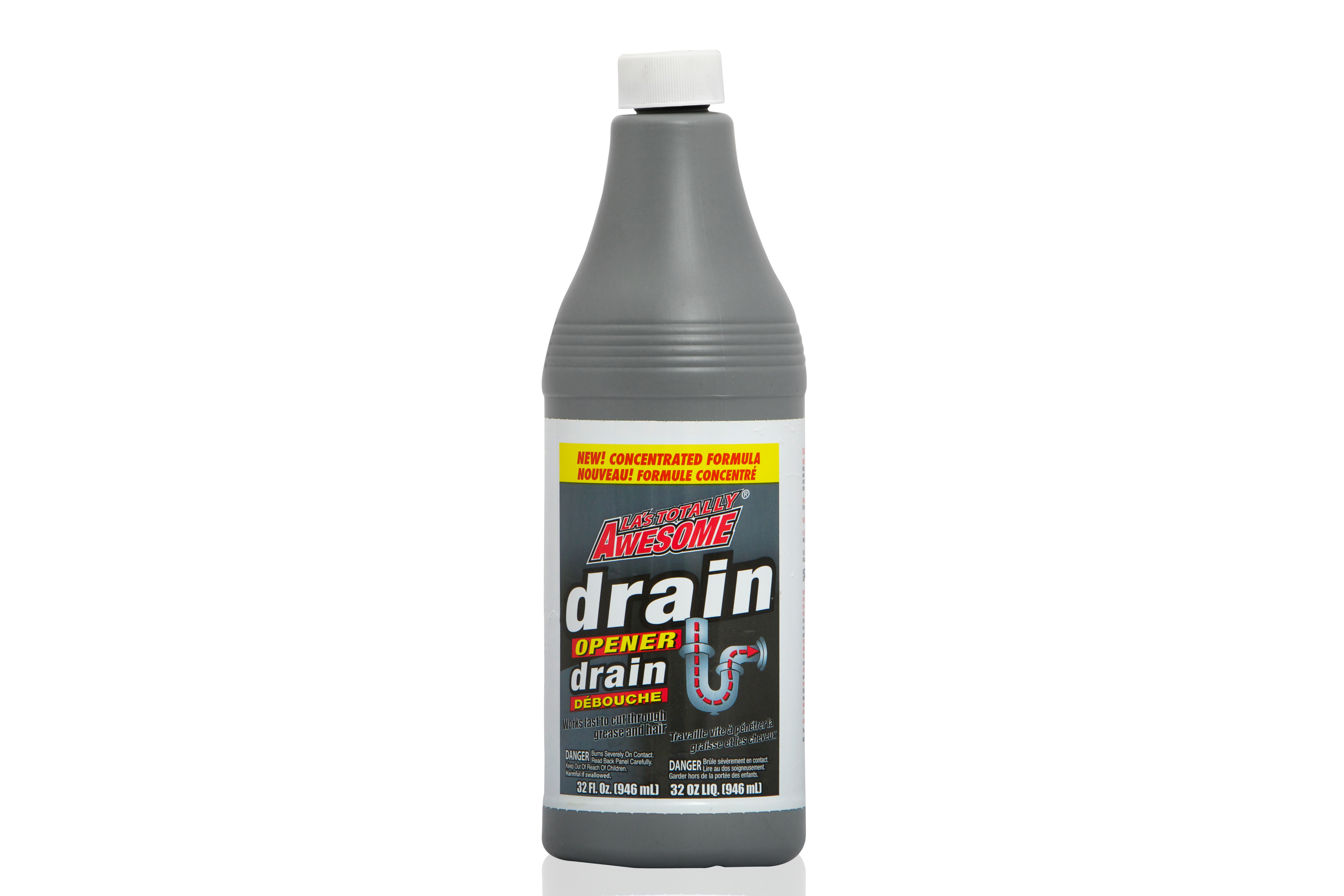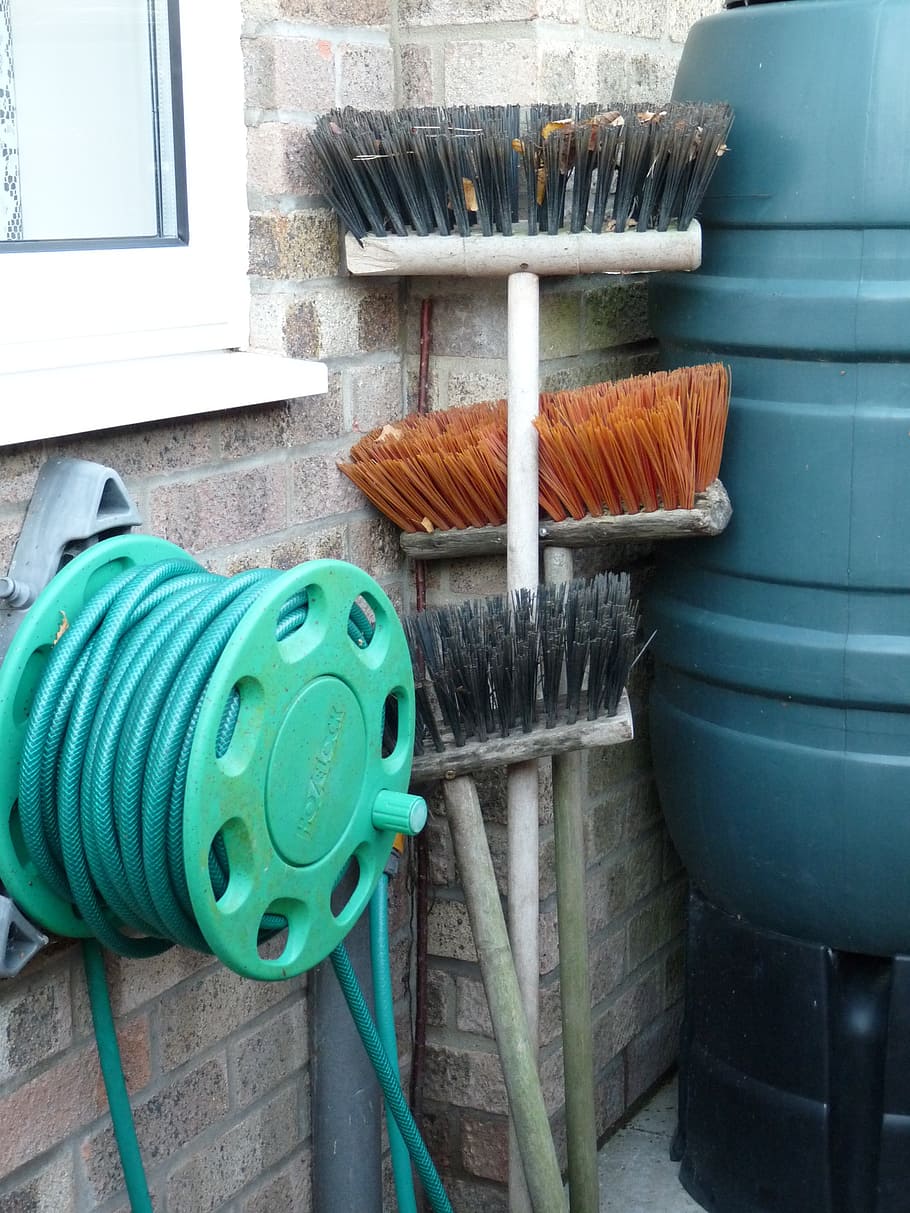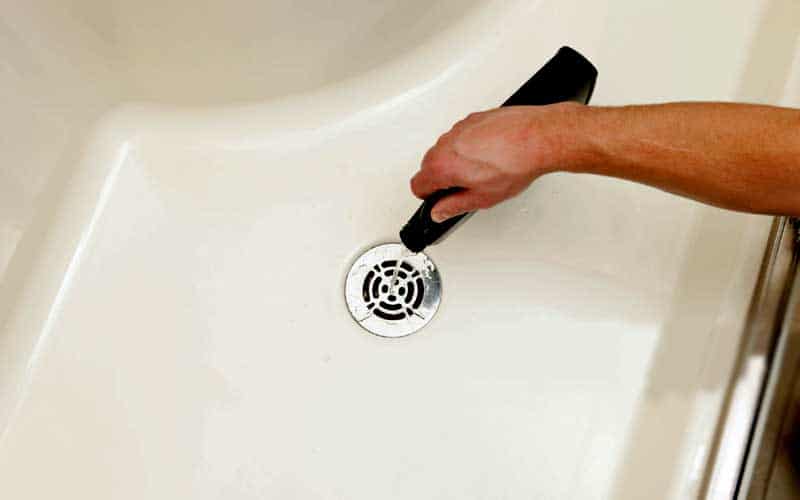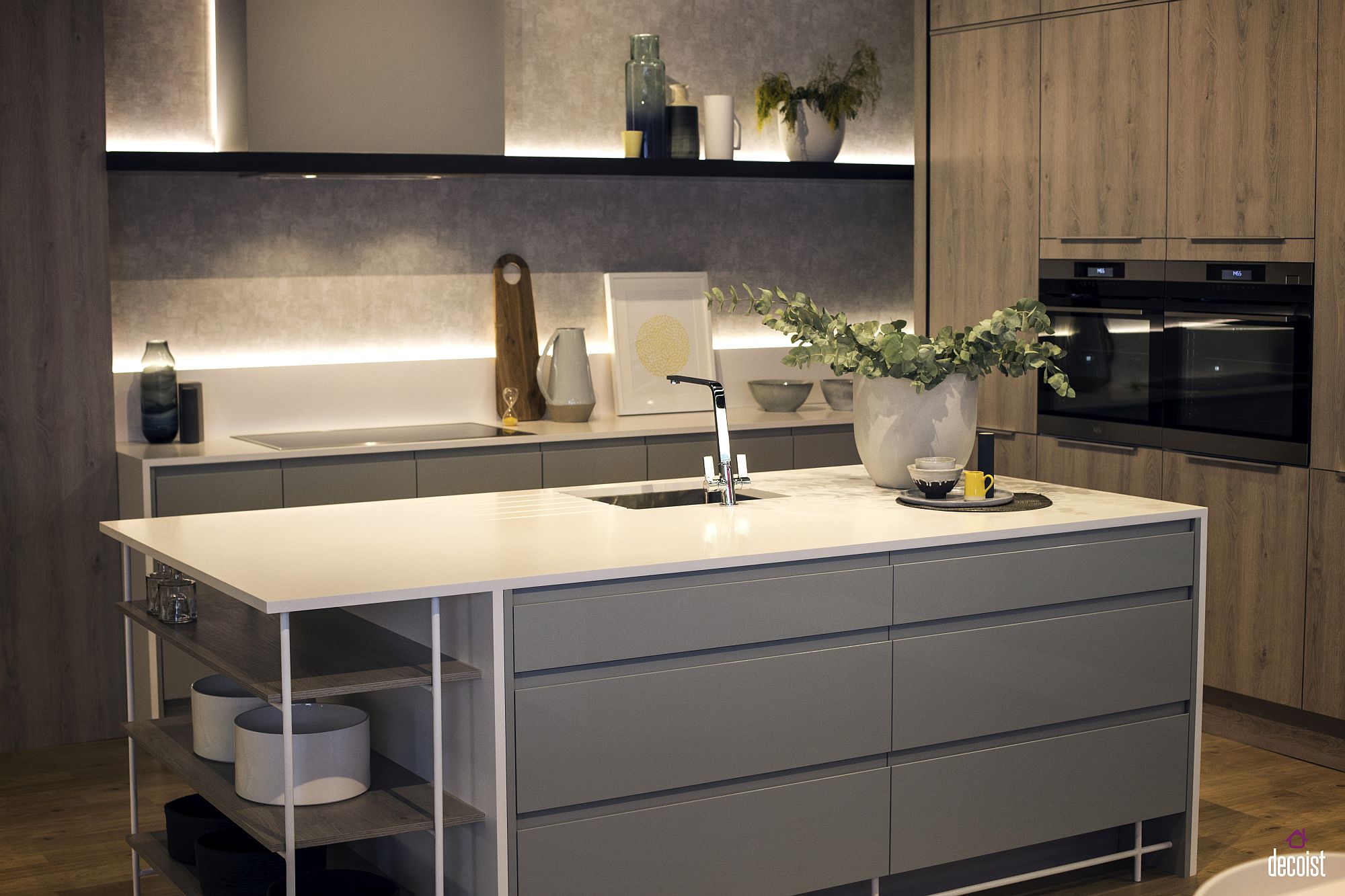Drain Cleaner for Bathroom Sinks
Bathroom sinks are an essential part of our daily routine, but they can quickly become clogged with hair, soap scum, and other debris. When this happens, it can be tempting to reach for a bottle of drain cleaner to solve the problem. But is it safe to use drain cleaner in your bathroom sink? Let's find out.
How to Use Drain Cleaner in Bathroom Sink
The first step in using drain cleaner for your bathroom sink is to choose the right product. There are many different types of drain cleaners available, so it's essential to read the labels carefully and choose one that is safe for your specific type of sink. You can also make your own DIY drain cleaner using household items like baking soda and vinegar.
Best Drain Cleaner for Bathroom Sink
When it comes to choosing the best drain cleaner for your bathroom sink, it's crucial to consider the type of clog you're dealing with. For minor clogs, a basic liquid drain cleaner may do the trick. However, for more severe clogs, a stronger product like gel or foam drain cleaner might be necessary.
Can You Use Liquid Plumber in Bathroom Sink
Liquid Plumber is a popular brand of drain cleaner that many people rely on to unclog their drains. While it can be effective for some types of clogs, it's not always the best option for bathroom sinks. Liquid Plumber contains harsh chemicals that can damage certain types of pipes and fixtures, so it's essential to read the label carefully before using it in your sink.
DIY Drain Cleaner for Bathroom Sink
If you prefer a more natural approach, you can make your own DIY drain cleaner using a combination of baking soda and vinegar. Simply pour a cup of baking soda down the drain, followed by a cup of vinegar. Let it sit for about 30 minutes, then flush it with hot water. This mixture can help break down clogs and remove foul odors from your drain.
Natural Drain Cleaner for Bathroom Sink
There are also several other natural drain cleaners you can try, such as using a combination of lemon juice and hot water or using a drain snake to physically remove clogs. These methods are typically safer for your pipes and the environment and can still be effective in unclogging your bathroom sink.
Using Baking Soda and Vinegar to Clean Bathroom Sink Drain
Baking soda and vinegar are a powerful duo when it comes to cleaning and unclogging drains. Not only does it help break down clogs, but it also helps remove any built-up grime and bacteria in your sink drain. You can use this method regularly to keep your bathroom sink drain clean and odor-free.
How to Unclog a Bathroom Sink with Drain Cleaner
If you're dealing with a stubborn clog in your bathroom sink, using a drain cleaner might be your best bet. To use it effectively, pour the recommended amount of product down the drain and let it sit for the recommended time. Then, flush it with hot water and repeat if necessary. Be sure to follow the instructions carefully to avoid any damage to your sink or pipes.
Safe Drain Cleaner for Bathroom Sink
Safety should always be a top priority when using any type of drain cleaner in your bathroom sink. Look for products that are labeled as safe for your specific type of sink and pipes. You may also want to consider using natural or DIY options if you have concerns about harsh chemicals.
How Often Should You Use Drain Cleaner in Bathroom Sink
While drain cleaner can be a quick and convenient solution for a clogged bathroom sink, it's essential to use it responsibly. Overusing drain cleaner can damage your pipes and lead to more significant issues in the future. It's best to only use drain cleaner when necessary and consider other methods for regular maintenance and cleaning.
In conclusion, using drain cleaner in your bathroom sink can be an effective way to unclog stubborn drains. However, it's crucial to choose the right product and use it safely and responsibly. Consider natural and DIY options as well and remember to regularly maintain and clean your bathroom sink to avoid clogs in the first place.
Why You Should Avoid Using Drain Cleaner in Your Bathroom Sink

Understanding the Risks and Alternatives
:max_bytes(150000):strip_icc()/freshen-and-unclog-drain-with-baking-soda-1900466-22-bbf940b70afa4d5abef0c54da23b1d3f.jpg)
When it comes to unclogging a bathroom sink, many people turn to drain cleaner as a quick and easy solution. However, using drain cleaner in your bathroom sink can actually do more harm than good.
Bathroom sink clogs are often caused by a buildup of hair, soap scum, and other debris. While drain cleaner may seem like a convenient and effective way to dissolve these blockages, it can actually damage your pipes and pose a risk to your health.
Potential Damage to Pipes

Most drain cleaners contain harsh chemicals that can erode and corrode your pipes over time. This can lead to leaks and other plumbing issues that can be costly to repair. Additionally, if you have older metal pipes , the chemicals in drain cleaner may cause them to break down and release harmful substances into your water supply.
Even if your pipes are made of plastic or PVC, they can still be damaged by drain cleaner. These materials can become brittle and crack when exposed to the harsh chemicals in drain cleaner, leading to leaks and other plumbing problems.
Health Concerns
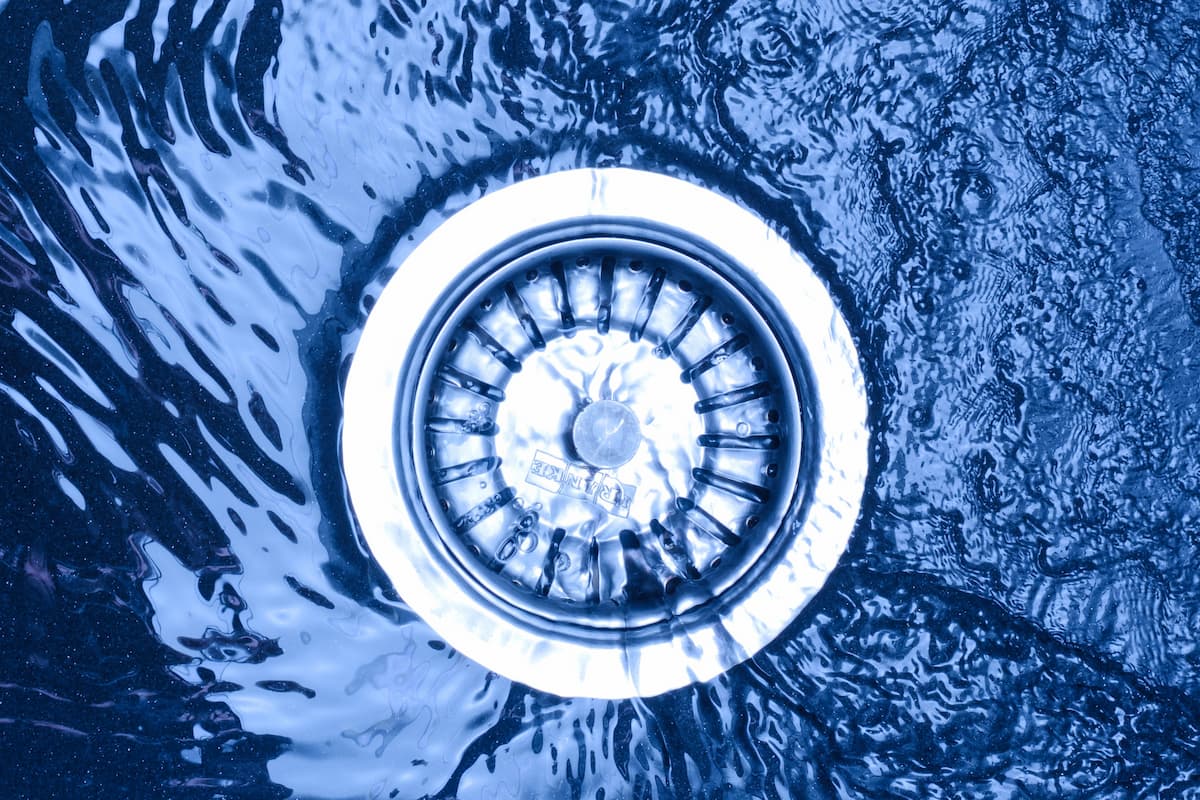
In addition to causing damage to your pipes, drain cleaner can also be harmful to your health. The chemicals in these products can release toxic fumes that can irritate your respiratory system and cause headaches, dizziness, and nausea. If you have pets or small children in your home, they may also be at risk of ingesting the chemicals if they come into contact with the sink or any surfaces that have been exposed to drain cleaner.
Alternative Solutions
/freshen-and-unclog-drain-with-baking-soda-1900466-18-c22935c11d454612a116f10824a0d82f.jpg)
Instead of reaching for drain cleaner, there are safer and more eco-friendly alternatives for unclogging your bathroom sink. One option is to use a plunger to try and remove the blockage manually. You can also try using a mixture of baking soda and vinegar, which can help dissolve and break up the clog without causing any damage to your pipes.
In the future, prevention is key to avoiding clogged bathroom sinks. Installing a hair catcher in your drain can help prevent hair from building up and causing a blockage. Regularly cleaning your sink and drain with a mixture of hot water and dish soap can also help keep debris from accumulating.
Overall, while using drain cleaner may seem like a quick and easy solution for a clogged bathroom sink, it can actually cause more harm than good. By understanding the risks and considering alternative solutions, you can keep your pipes and your health safe.
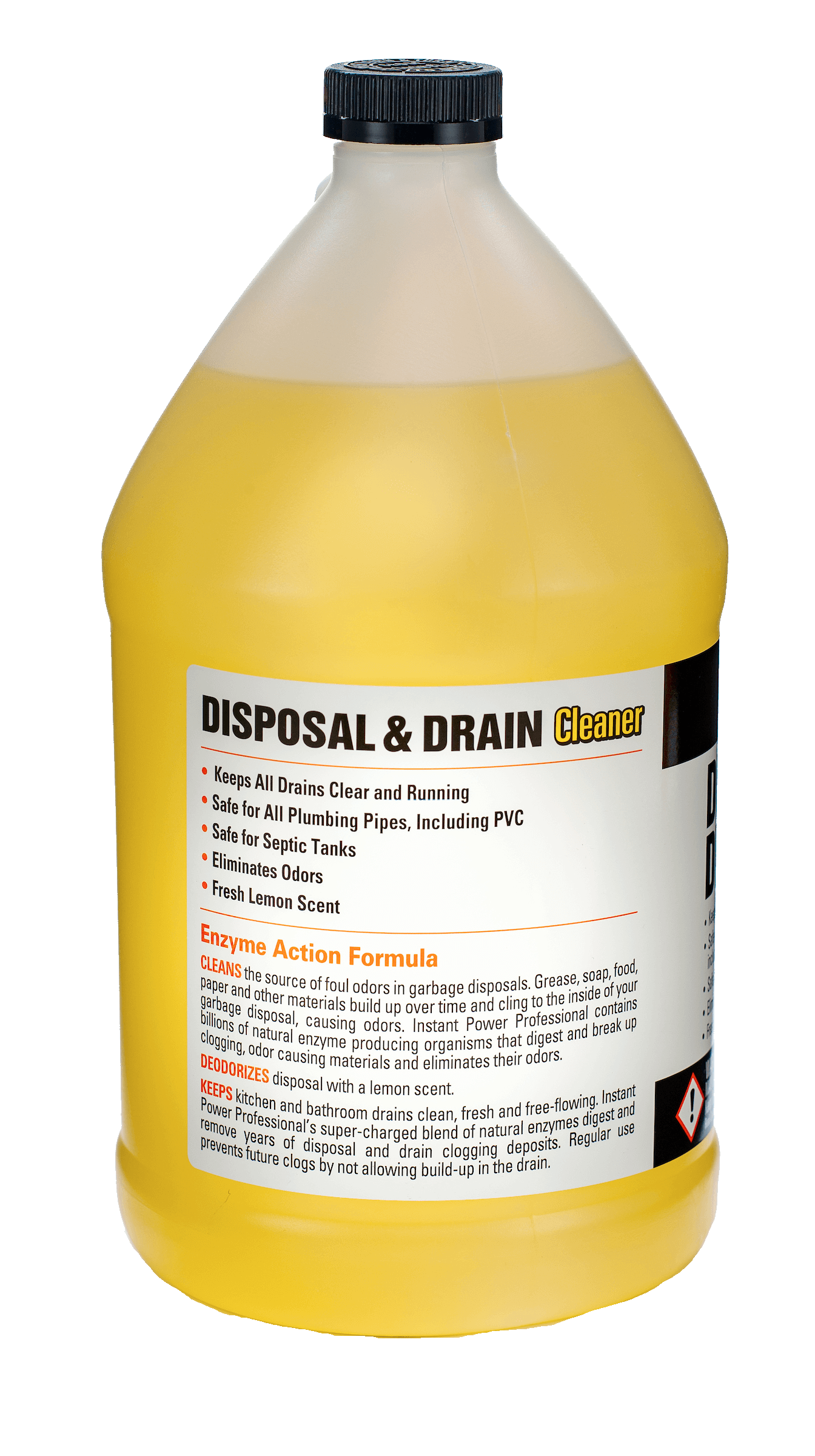



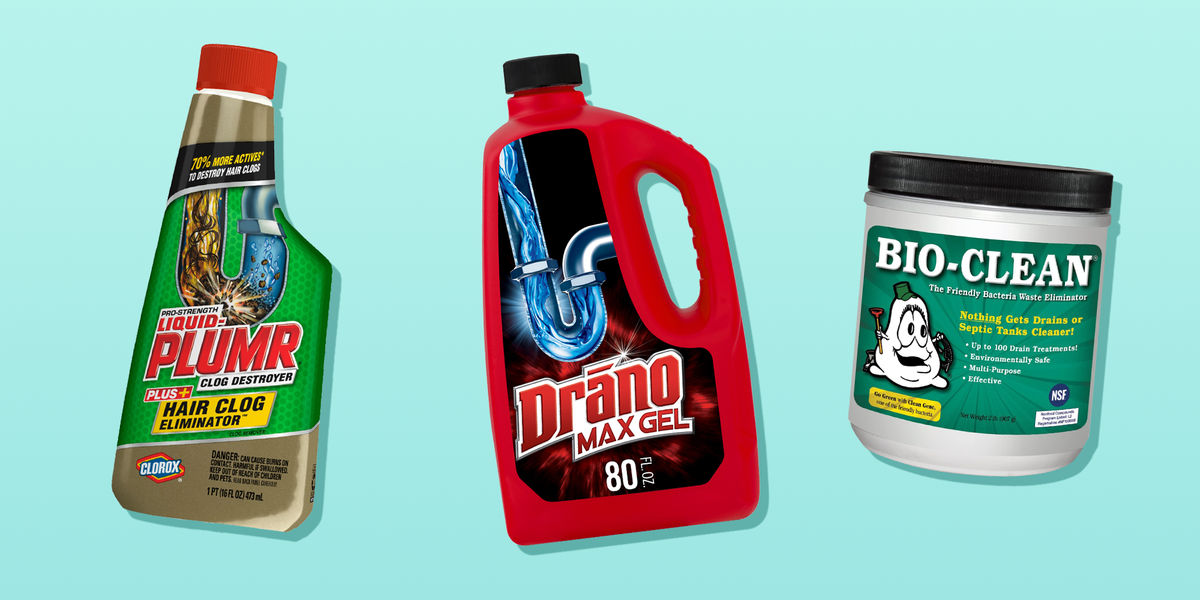

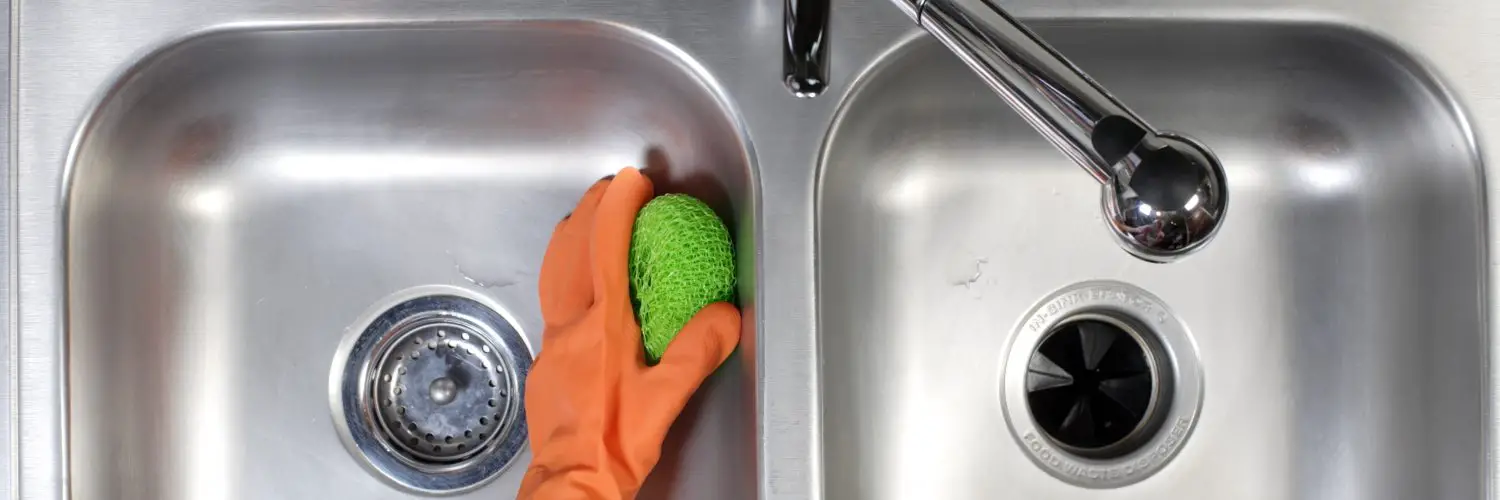

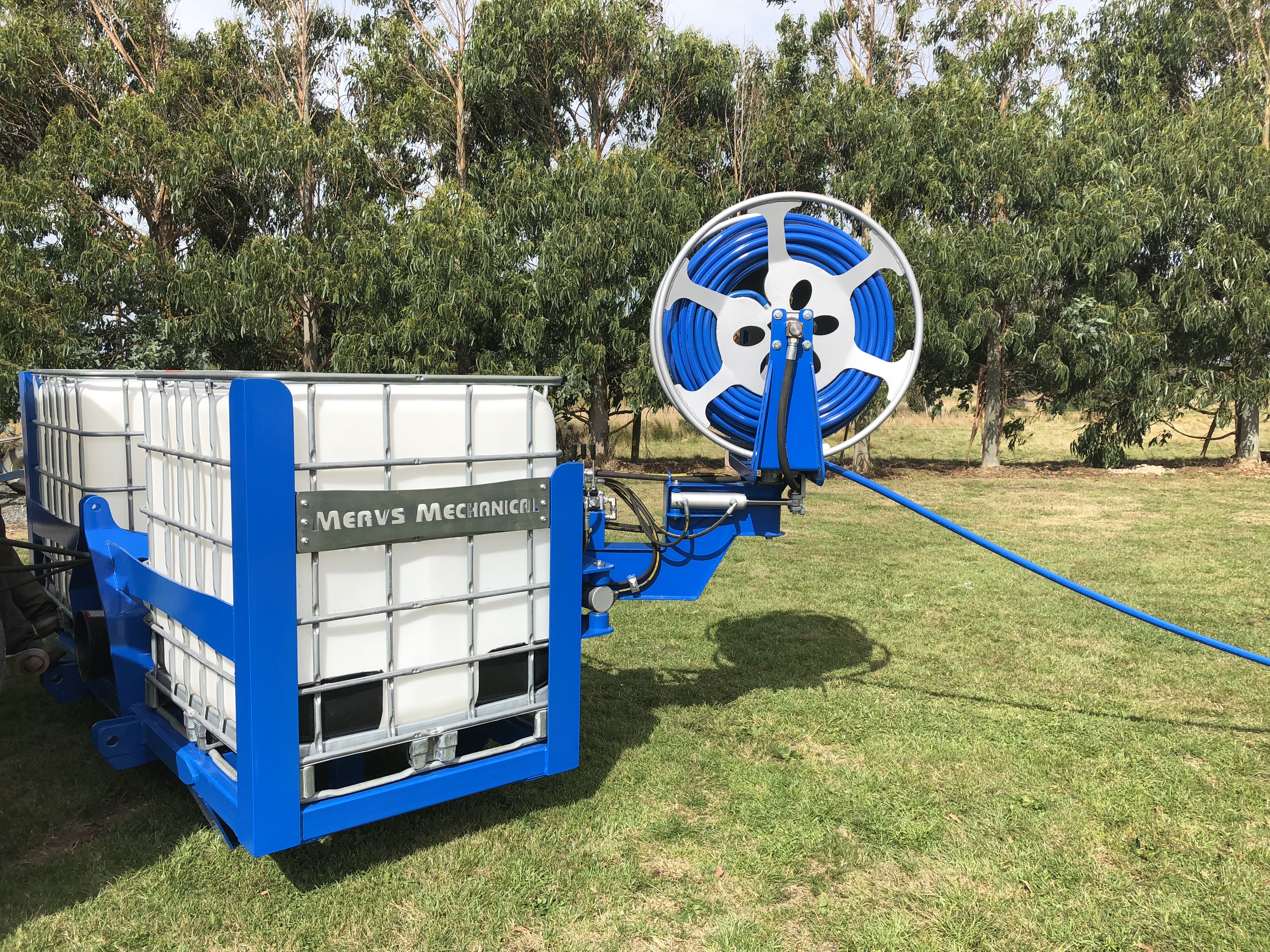

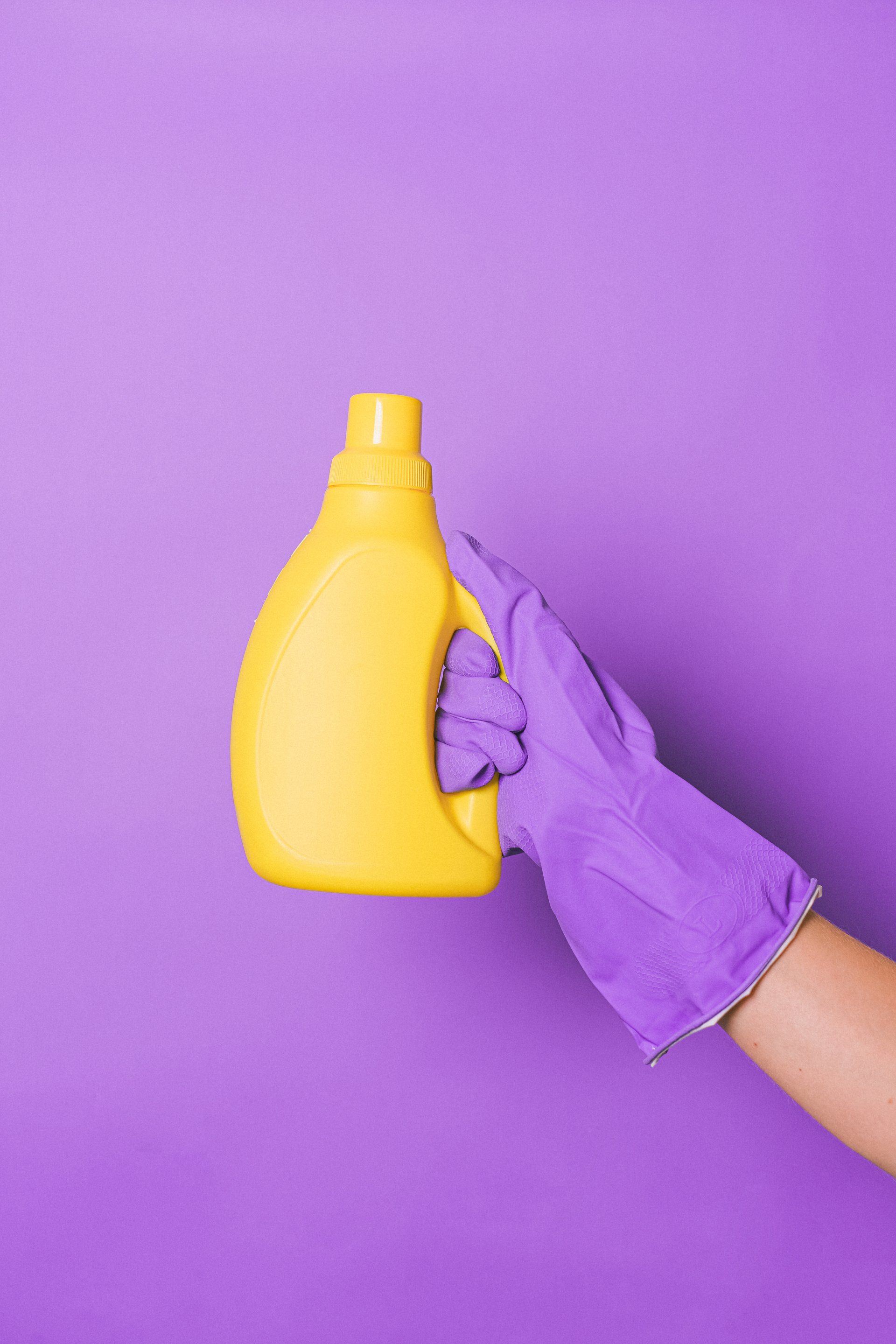



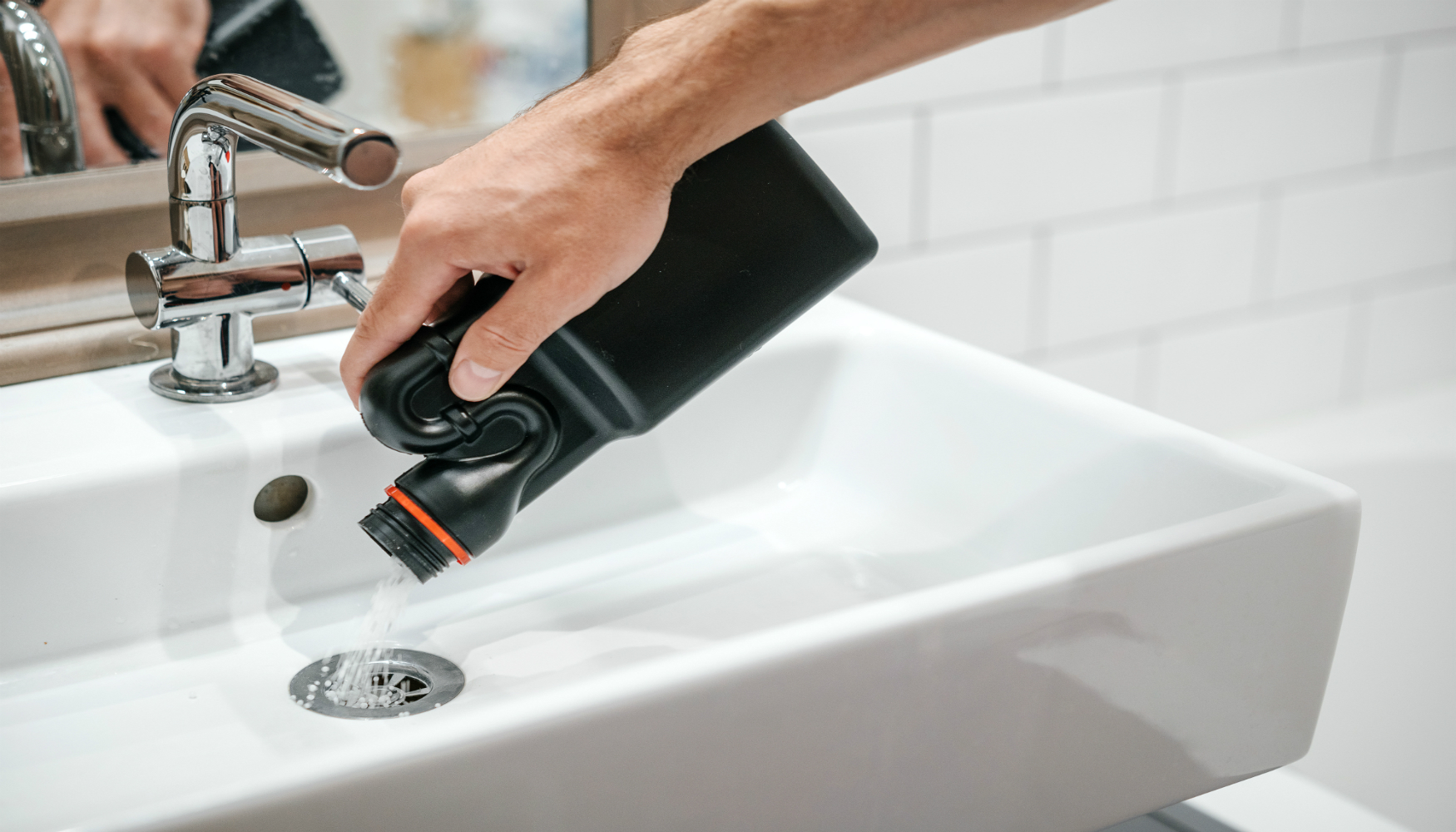

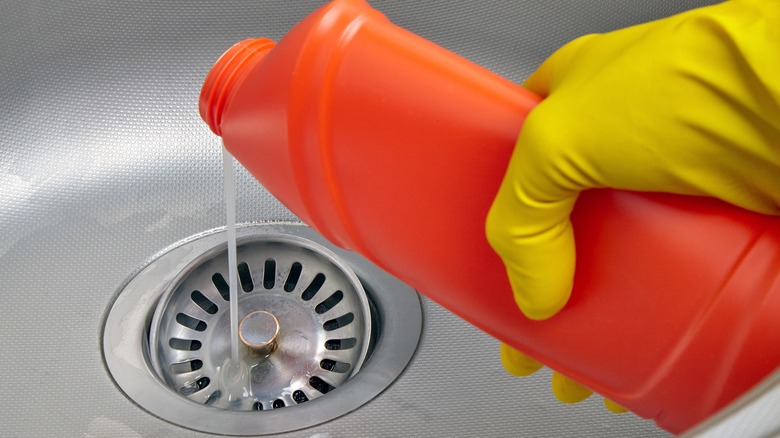
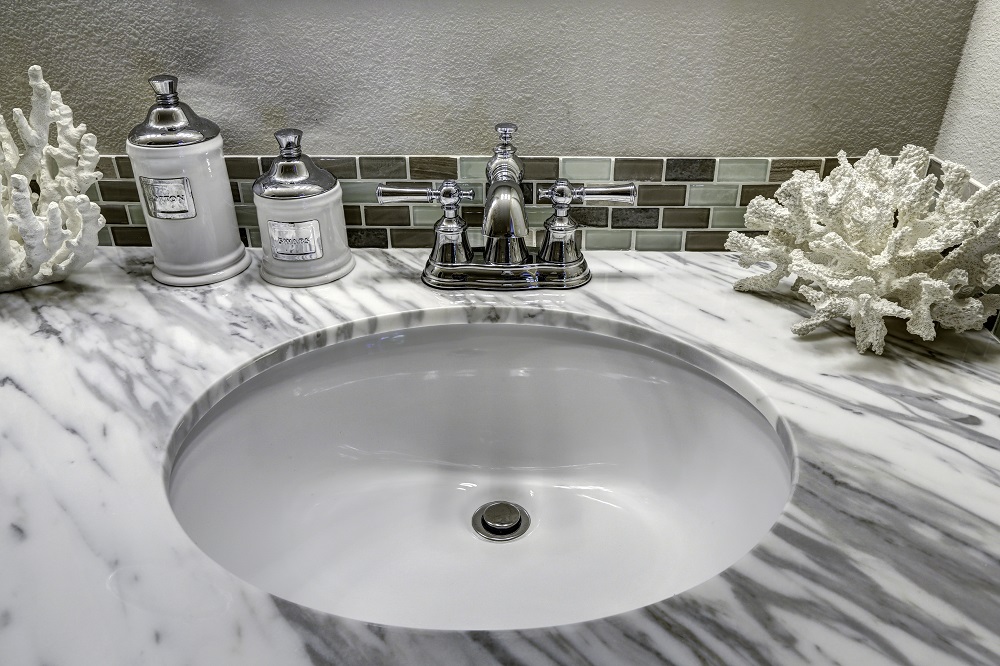

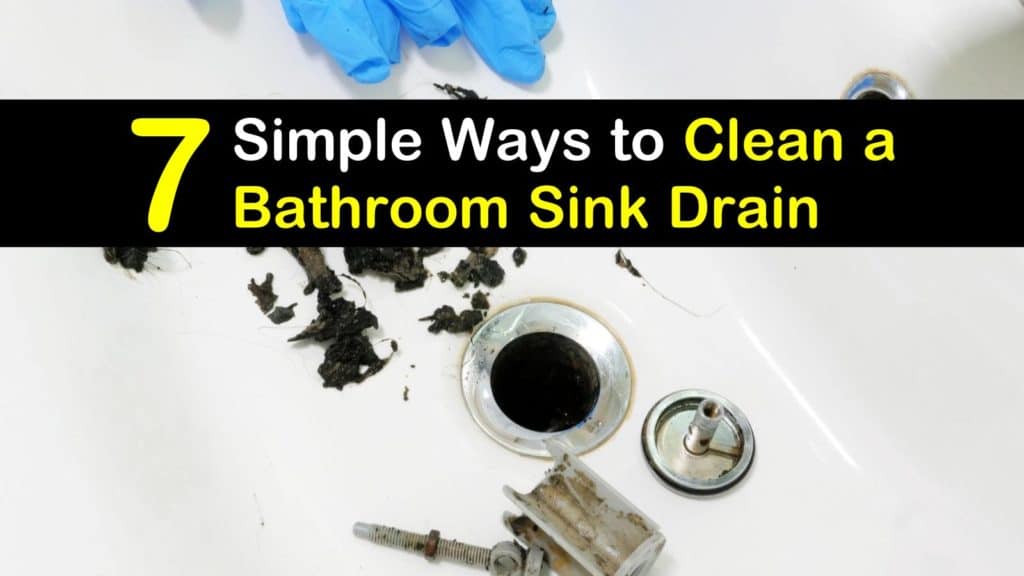
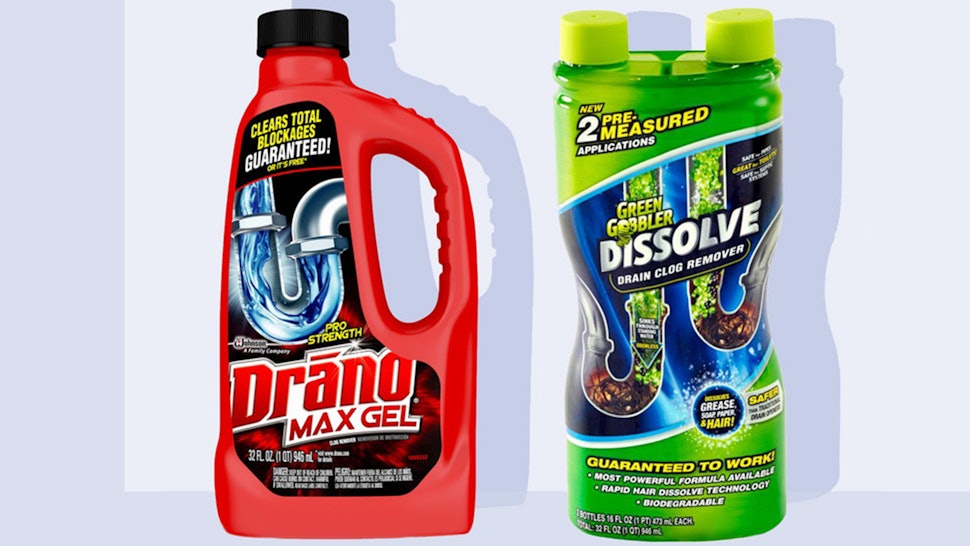







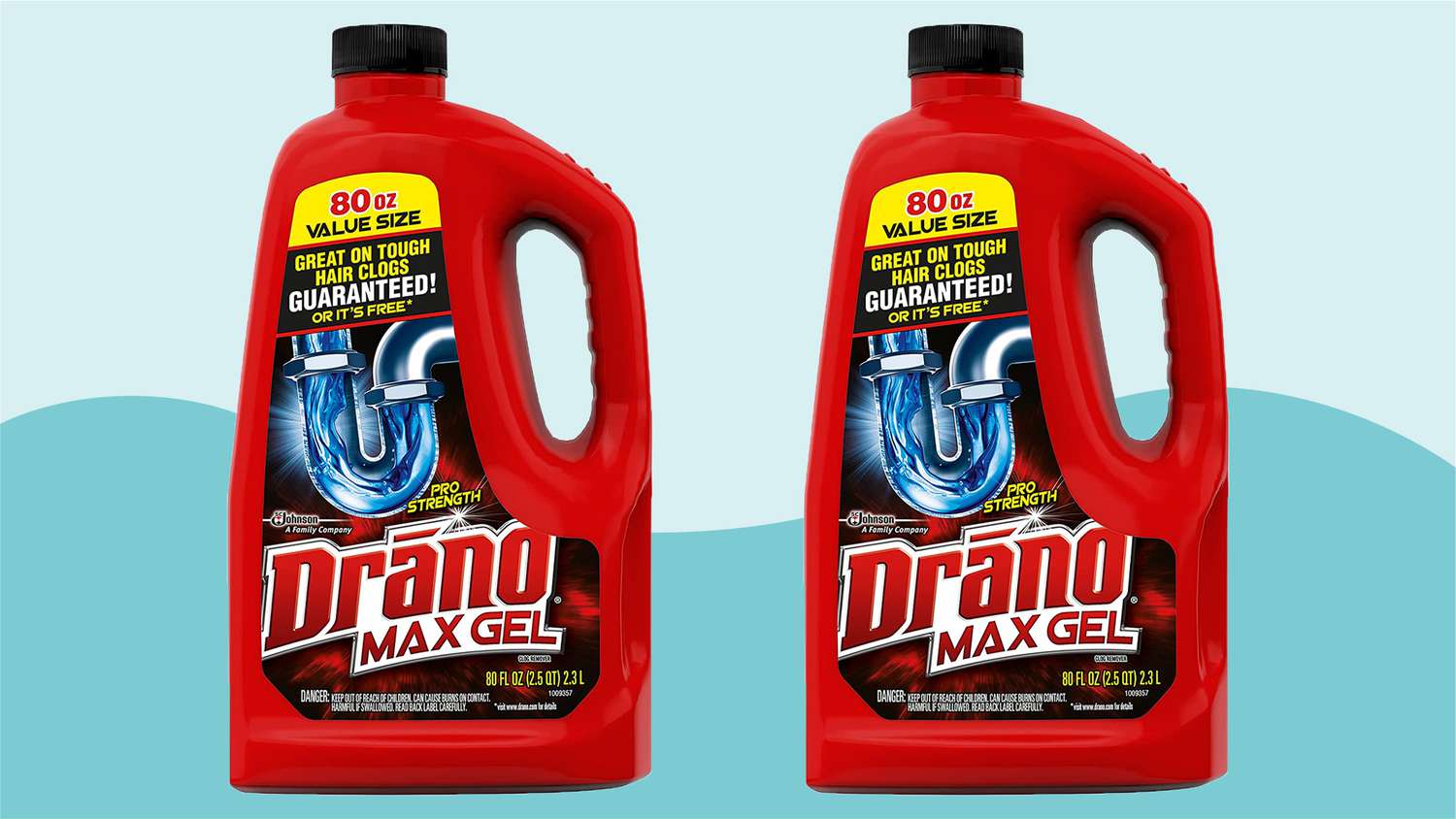









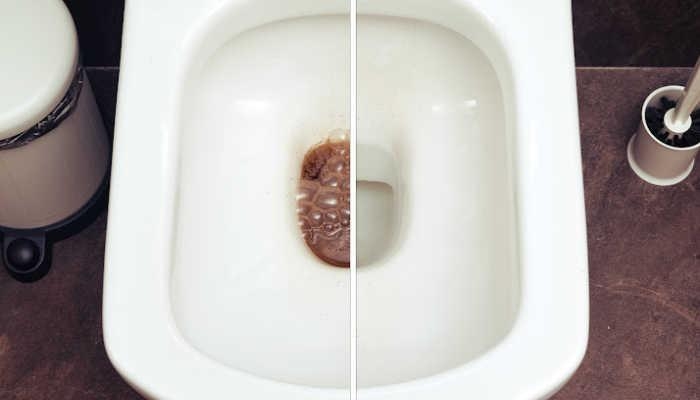





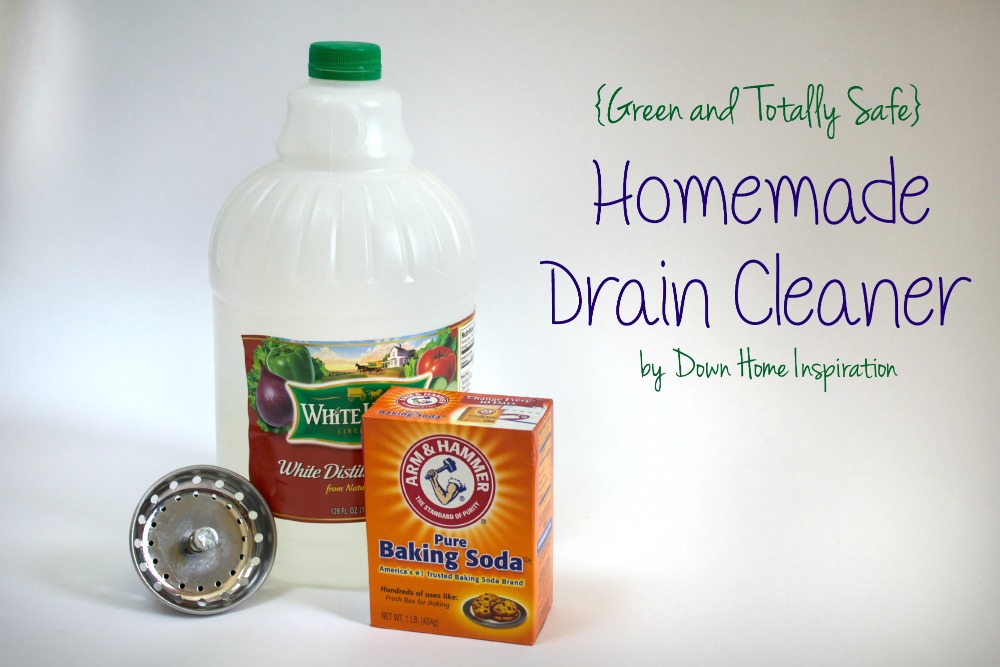
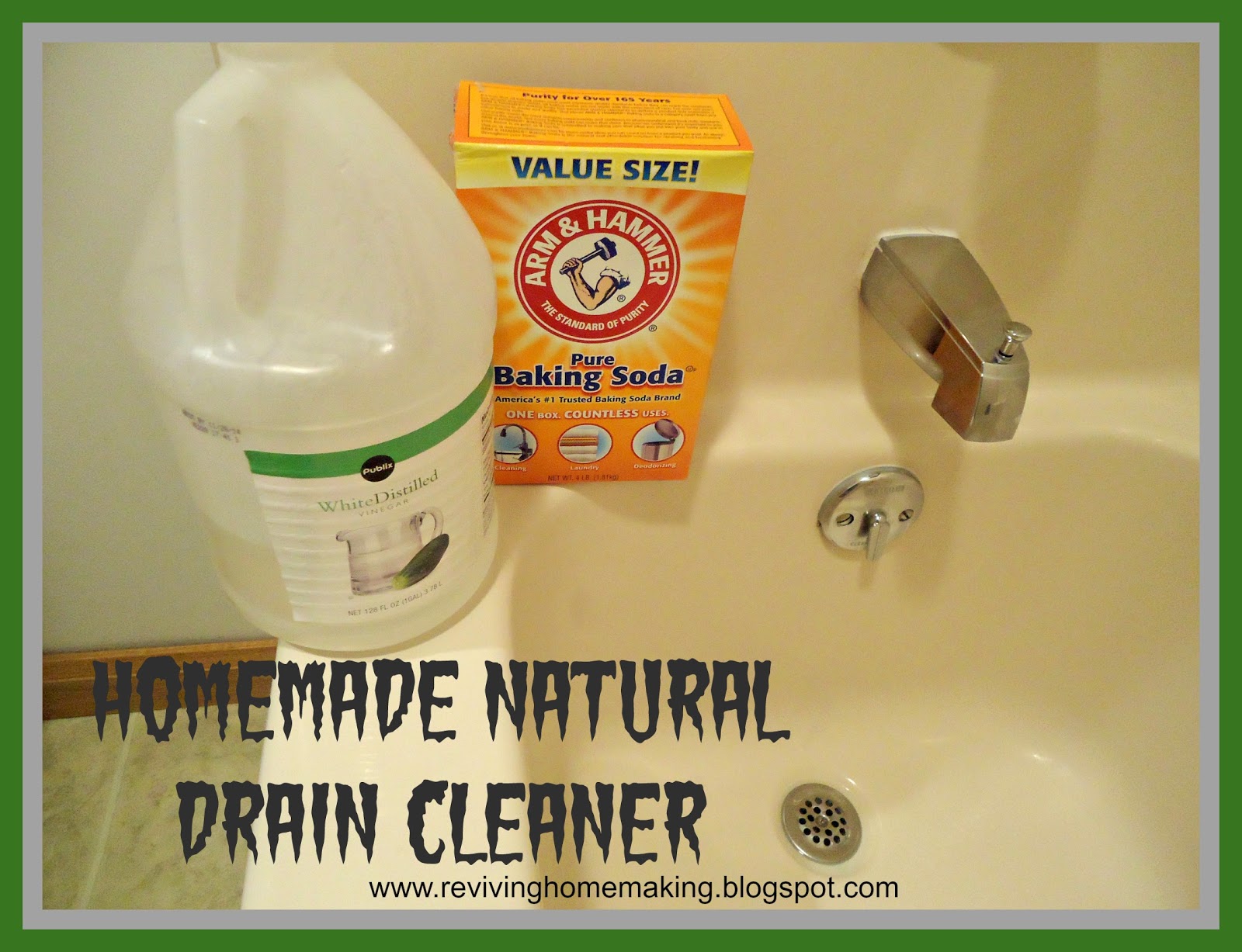
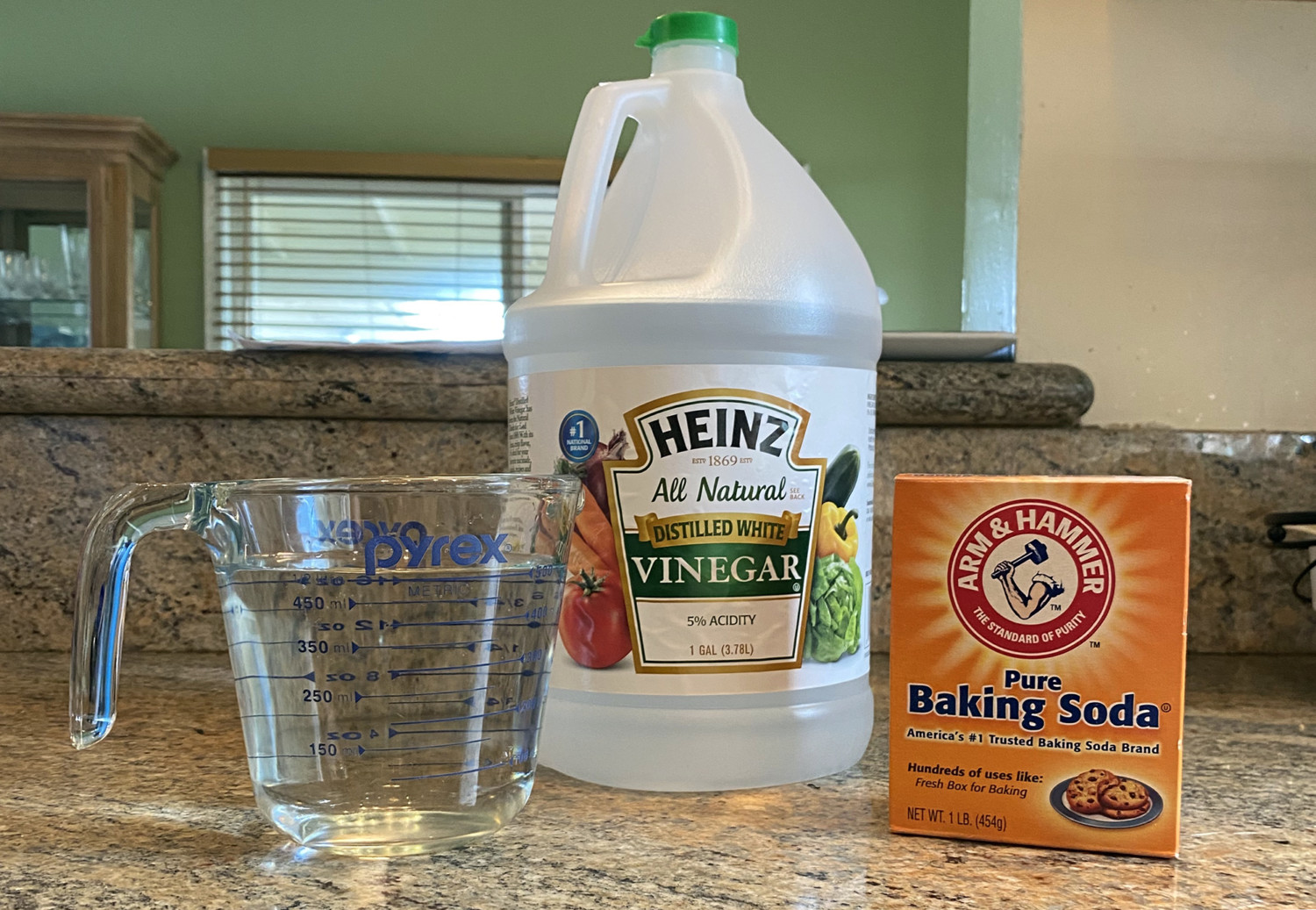

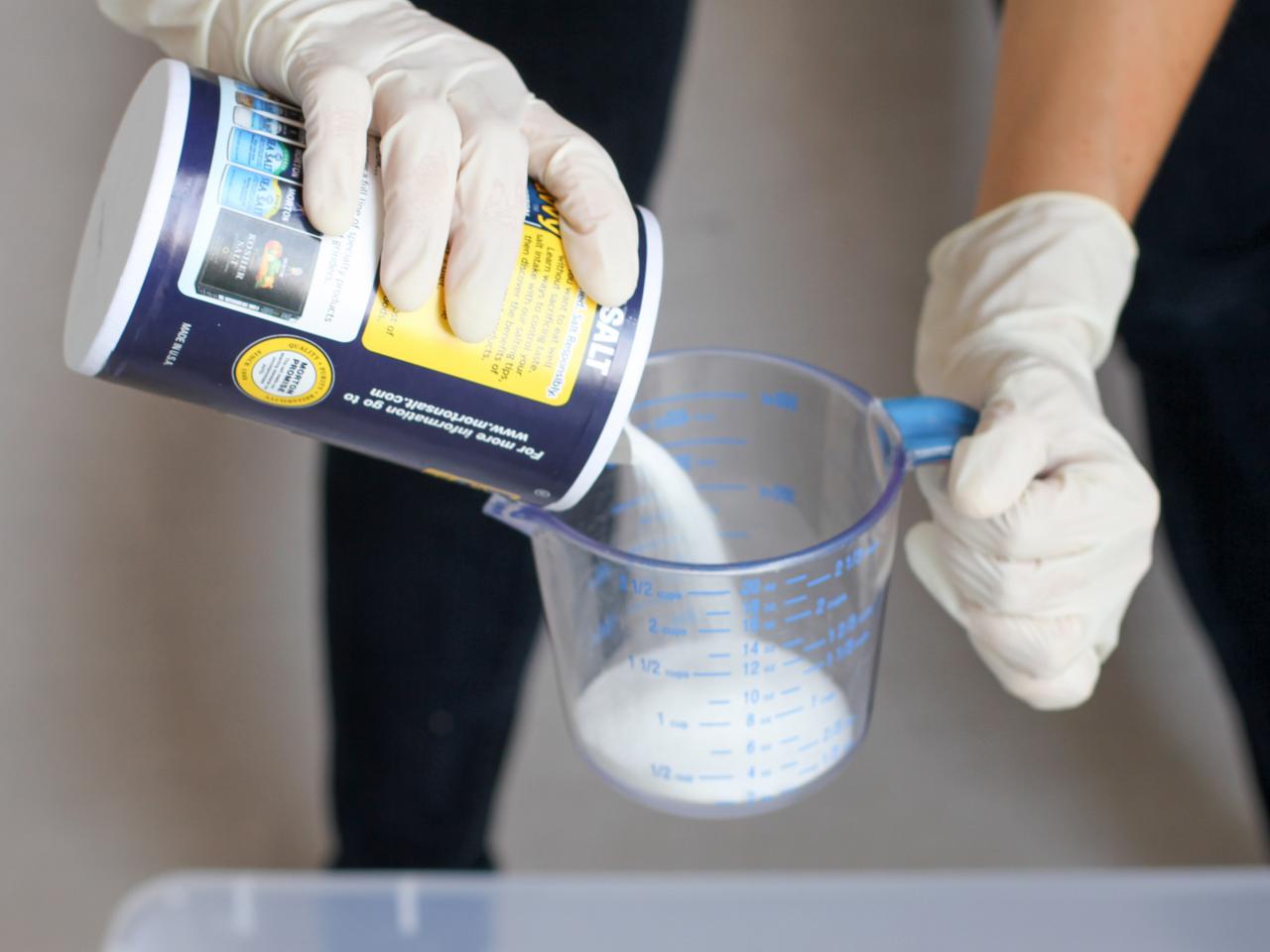


:max_bytes(150000):strip_icc()/homemade-drain-cleaner-2718784_01_1041-09a5264ba2a34698816e62a385f0895f.jpg)

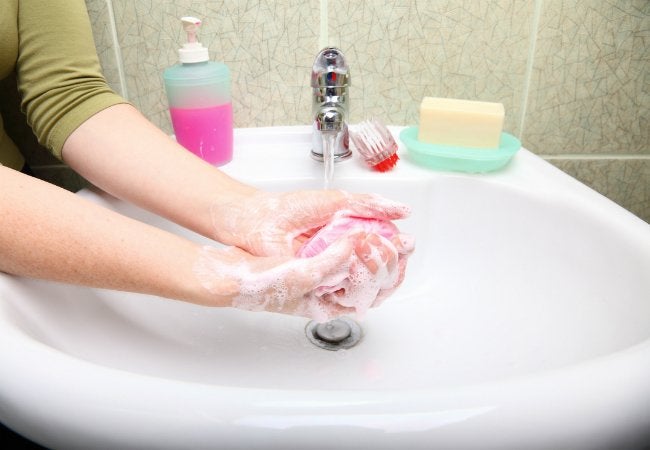





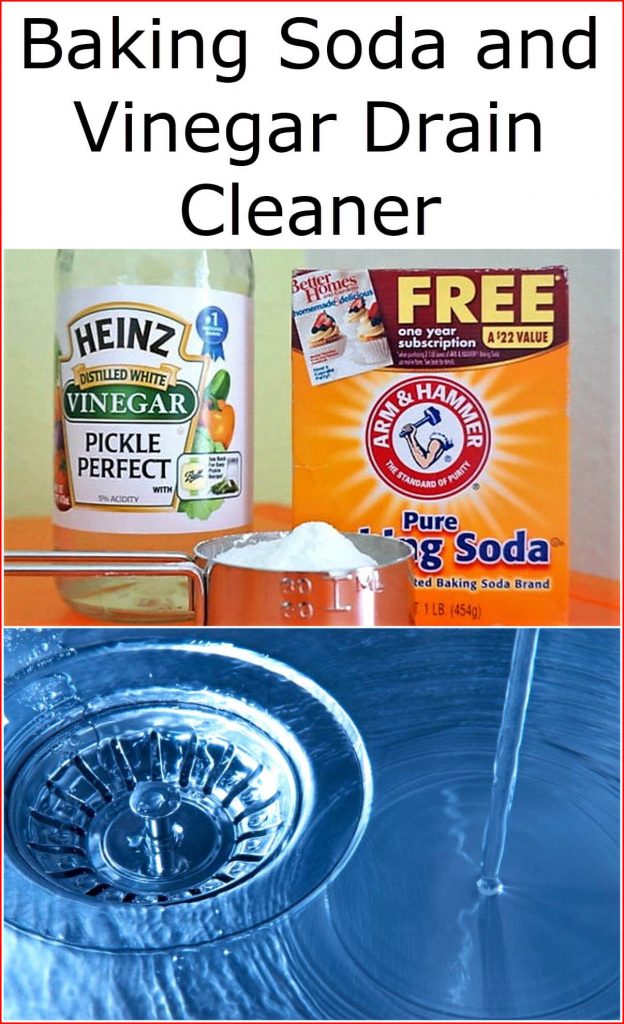







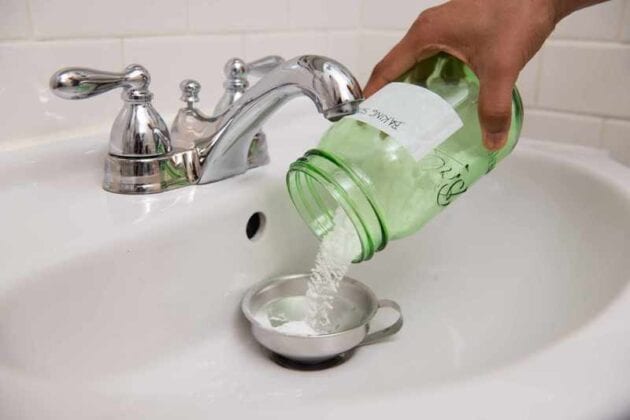





:max_bytes(150000):strip_icc()/freshen-and-unclog-drain-with-baking-soda-1900466-18-1a5b5da01939471ca8f8823865bd1ce8.jpg)




